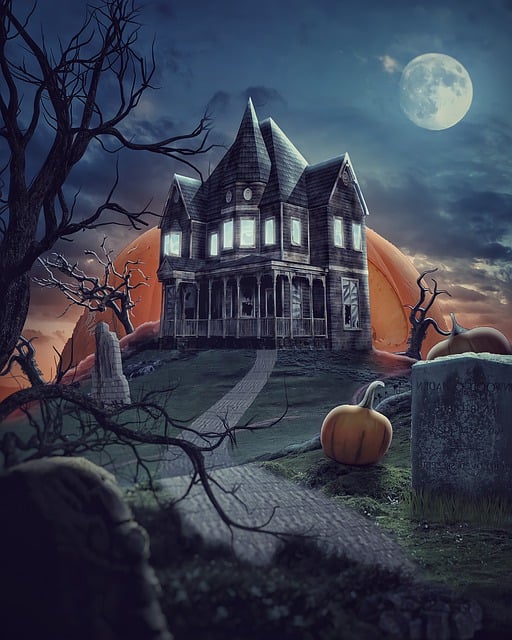

When it comes to buying and selling Haunted Houses in Ontario, the doctrine of ‘caveat emptor’, aka ‘buyer beware’ is still in force.
In Ontario, there are no explicit laws requiring a vendor to disclose that the house they are selling is believed to be haunted, but that doesn’t mean you can or should hide your home’s history.
It is still true that vendors have no legal requirement to disclose what is referred to as ‘stigma’ related to the house or property. Stigma could come from anything such as a violent crime committed onsite, a suicide, or even alleged paranormal activity.
However, real estate agents are governed by the Real Estate Council of Ontario. RECO suggests that while there is no specific requirement for agents to proactively disclose the existence of stigma such as criminal history or alleged hauntings, there is an obligation for agents to act with “fairness, honesty, and integrity” when dealing with other parties to a real estate transaction. The Ontario Real Estate Association similarly believes that realtors have an ethical obligation in this situation, and should disclose potentially stigmatizing issues. This includes hauntings or paranormal activity, even though there is no scientific or physical proof of ghosts.
So what can you do to avoid buying a haunted house?
As a prospective buyer, you should have a discussion with your agent and let them know of any concerns you have regarding the property, and any issues you may have regarding stigmas. Specific questions should be asked of the vendor or their agent, and the agent or vendor would be obliged to either give an honest answer or to decline to answer at all. This will help you find a property that meets your needs.
What if you’ve already bought a haunted house?
If you’ve already purchased a haunted house, or house affected by some other stigma, and are upset, what happens next will depend entirely on the situation.
In British Columbia, a buyer for a house was initially able to get back their $300,000 deposit after they learned about a suspected gang related murder which took place onsite. The deposit was ordered returned not because the murder amounted to a latent defect in the property, which would have required disclosure to the buyer, but rather due to fraudulent misrepresentation on the part of the vendor regarding their decision to sell. However, this decision was overturned on appeal. The appeal court emphasized the doctrine of caveat emptor, and placed responsibility on the buyer to ask specific questions regarding the buyer’s own likes and dislikes.
In 2013, Justice Sloan dismissed a claim about the purchase of a commercial building which was later alleged to be haunted. Ultimately, Justice Sloan found that while stigma can include alleged hauntings, the plaintiffs would have had to prove that the building was unfit for use as a result of the alleged haunting. There would have to be proof of loss or damage as a result of the stigma of the haunting, and the haunting would have to be proven to have actually happened.
It may end up being difficult to prove that the alleged haunting, or other stigmatizing event, occurred, that it caused you to suffer damage or loss, that it rendered the building or property as uninhabitable, and/or that the vendor and their agent knew about it and did not disclose that information. That’s why it is important to work with a trusted team of professionals at the outset. If you express your specific concerns associated with hauntings and other stigmatizing events, steps can be taken by your lawyer and your realtor to protect you prior to closing. The real estate law team at Daniel & Partners LLP can help you close your real estate transaction, and would be happy to review any offer to Purchase before acceptance or after with a lawyer review condition. They can also assist if you have purchased a home in reliance upon misrepresentations or have found latent defects in a property that were not disclosed to you. Please contact our office today to set up an appointment.
Happy Halloween!
Blog post written by Sarah J. Draper and Karen Shedden






